Monday new releases: 1 September 2025
Caught Stealing, The Toxic Avenger, How to Make a Killing and The Shrouds are in cinemas and The Thursday Murder Club is streaming on Netflix.
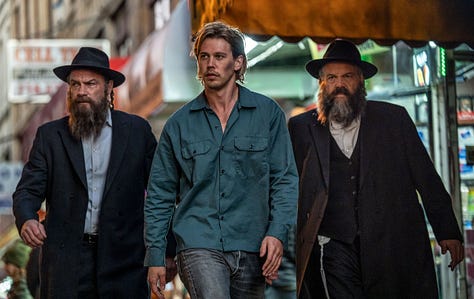
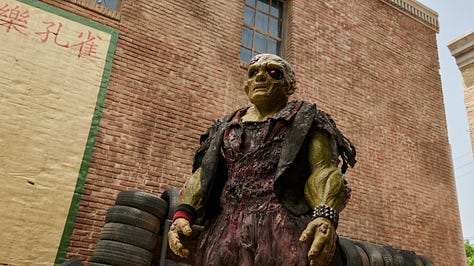
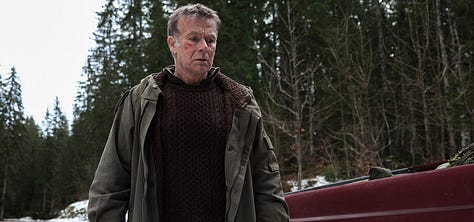
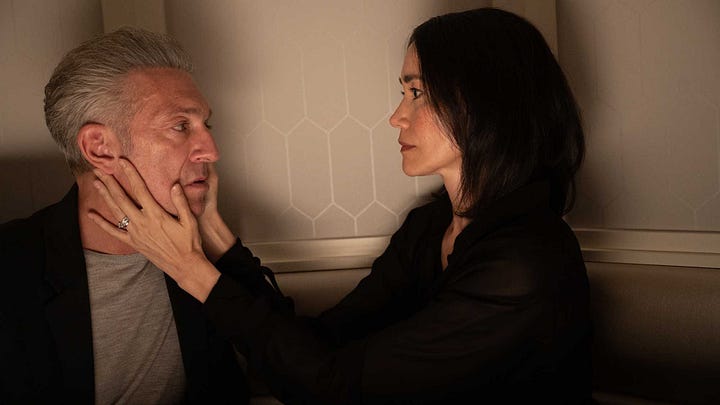
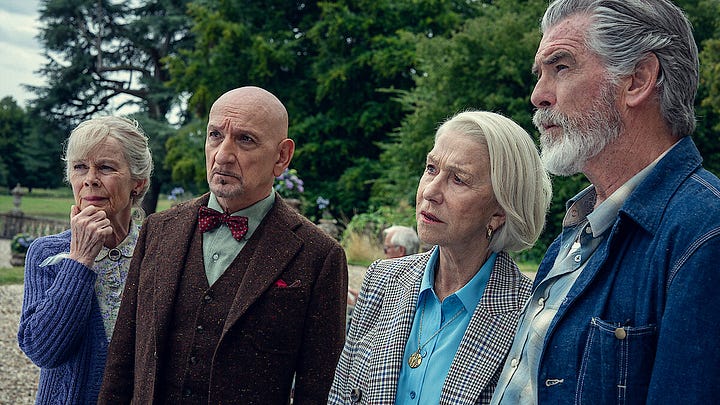
People often (sometimes … occasionally) ask me when we are talking about a film, “What’s it about?” In the case of Darren Aronofsky’s Caught Stealing, the immediate answer would be: it’s about Hank (Austin Butler), a former baseball contender turned New York barman and alcoholic who is dragged in to a mob war over missing drug money when his neighbour a…


